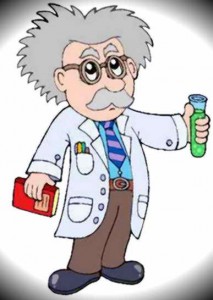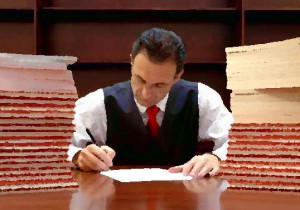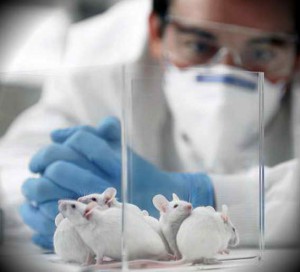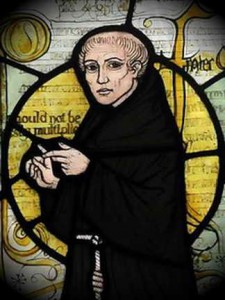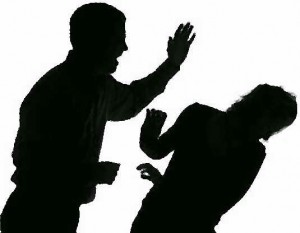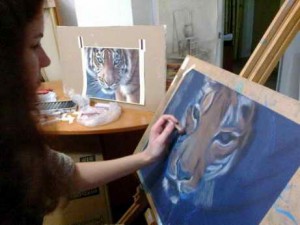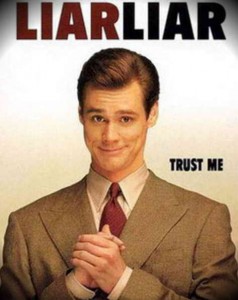 The habit of lying that is formed in the childhood, in adulthood may decrease (with the reduction of the authoritarian pressure from the outside) or increase (apart from the authoritarian pressure of the parents, for example, pressure from a husband / wife is added), but it does not disappear.
The habit of lying that is formed in the childhood, in adulthood may decrease (with the reduction of the authoritarian pressure from the outside) or increase (apart from the authoritarian pressure of the parents, for example, pressure from a husband / wife is added), but it does not disappear.
There is a logical question about the possible transfer of the habit of lying in everyday life in the sphere of professional activity of a person. The subject of the distortion of facts and information was studied by the well-known scholars: Z. Freud, J. Maritten, A. Camus, B. Russell, M. Foucault, A. Gramsci, A. Toynbee, K. Jaspers, specific research and tests were performed by G. Marcuse, Continue reading


